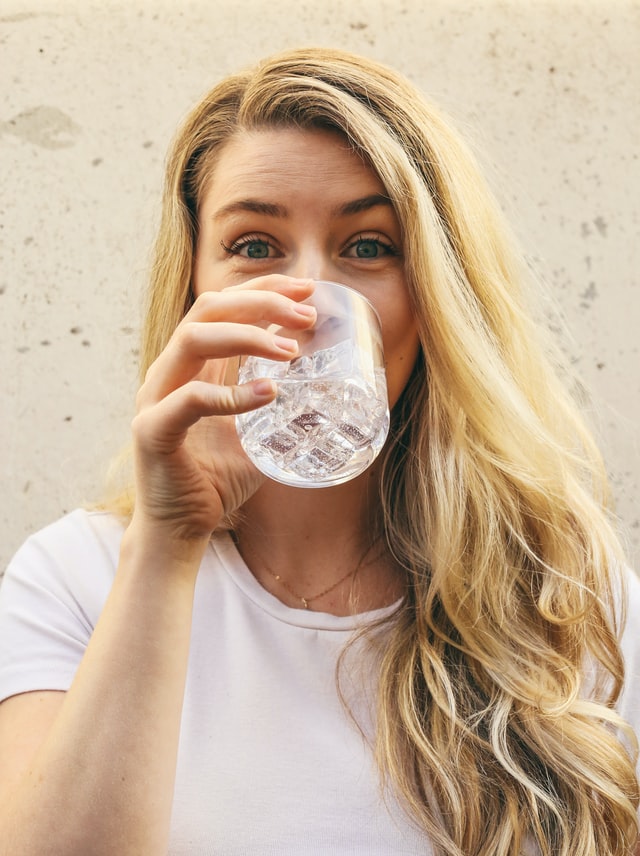Bloating can slow you down and make your stomach feel gassy and full. It ranges in severity from slight discomfort to intense pain, and some patients cannot go about their everyday lives until they find relief. Maintaining your digestive system is vital to your overall health, and you can examine some of the methods to relieve gas and bloating in these sections.
Why Am I Bloated?
Bloating can result from several factors, but it can involve excess abdominal gas or a digestive condition. Examining the causes of bloating can help you determine your treatment options.
Digestive Conditions
One of the causes of bloating is constipation. When your bowels stay in your colon for too long, your stomach can feel fuller because your digestive system tries to compensate for the extra material by expanding. Bowel obstructions and IBS can also cause bloating.
Overeating
Eating too fast or consuming too much can increase abdominal gas and cause bloating. If you experience bloating when you eat normal portions, the cause could be the result of food intolerance or another digestive issue. You can take a supplement for gas and bloating to relieve symptoms caused by overeating and overindulgence in alcohol.
Lack of Hydration
Without enough water in your system, your digestive system cannot process waste as fast or efficiently. Try to drink close to 16 cups (one gallon) of water throughout the day to stay hydrated and minimize gas pains.
Best Ways To Improve Digestion
You should talk to a physician if you experience frequent bloating, but you can take steps to decrease your symptoms and keep them from getting worse.
Water
Increasing your water intake can help your gut break down undigested material and prevent dehydration and bloating. If you experience bloating after a night of drinking, water can help relieve the symptoms.
Supplements
Taking a natural supplement can help cleanse your system of harmful toxins and relieve excess gas and bloating. If you want a premium supplement, you can buy Polisorb online.
Exercise
When you’re bloated, you may not feel like exercising too much. Motivating yourself to move around can be challenging when your stomach feels tight, but exercise can help you relieve excess gas and the discomfort from bloating. It’s alright to start slow with a new workout, but you’re likely to see a significant improvement in your symptoms if you maintain a daily exercise program.
Smaller Meals
Decreasing the portion size of your meals can improve your digestion and prevent excess gas. When you eat breakfast, lunch or dinner, leave a small amount of food on your plate. Increase the amount a little every week, and your digestive system can adapt to the change easier. Taking a detox for bloating before a meal can also help relieve your symptoms.
Diet Changes
Excessive portions of dairy, salt, carbohydrates and alcohol can contribute to bloating. By changing your diet and limiting substances that can lead to bloating, you can improve your digestive health and reduce gas buildup.
Relieving your gas and bloating issues can not only benefit your gut but can also improve your mood and mental health. You can visit an online retailer for premium supplements, but be sure to meet with a doctor for severe symptoms.











